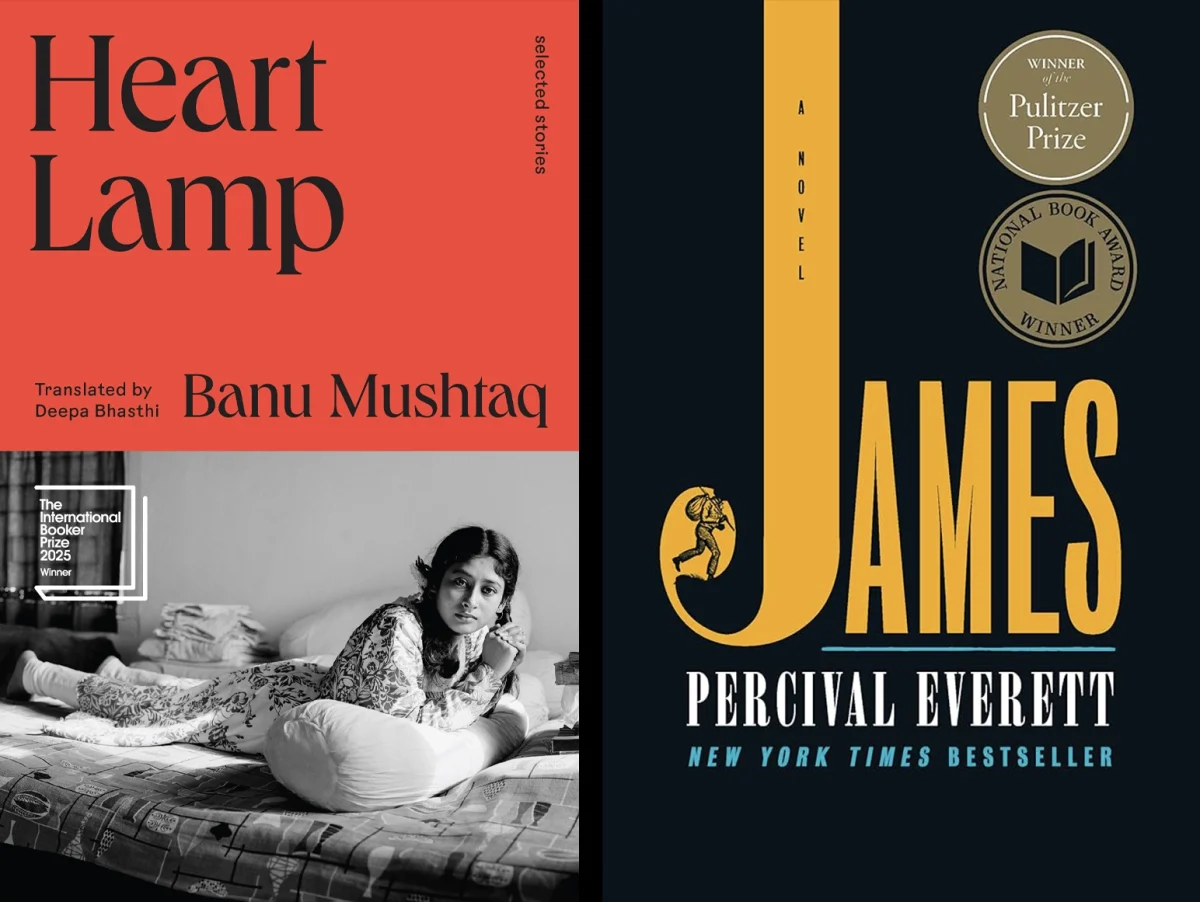This year’s Pulitzer Prize for Fiction winner was announced on May 5 to Percival Everett’s “James.” The novel takes an audacious approach to retelling Jim’s character from Mark Twain’s “Adventures of Huckleberry Finn,” reimagining the character with an intellectual and courageous voice.
The Pulitzer Prizes are 23 awards given by Columbia University in New York City for achievements in a variety of categories, squarely focused on the humanities sector. Named after newspaper publisher Joseph Pulitzer, reputable for his success as a newspaper publisher, the prizes were established in 1917.
Percival Everett is marked for his contributions to literature as a novelist and short story writer with more than thirty books that cover distinct genres. Everett is noted for being a professor of English at the University of Southern California while also being recognized for being a Booker Prize finalist in 2022, winning the Ivan Sandrof Lifetime Achievement Award in 2023 from the National Book Critics Circle, and many other honors.
The author has been publicized as satirical, particularly when critiquing the stereotypes that surround Black people in the United States. The attribute also applies to “James,” which dismantles Twain’s handling of the character of Jim as comic relief and a reflection of an enslaved caricature’s dialect. The canon revision reclaims Jim as a poised character with eloquence that is concealed due to the complexities of the pressure to be inferior. Everett challenges our original perception of “Huckleberry Finn,” famously taught in high school English classrooms, through a first-person narration of Jim with revealing internal dialogue.
When asked by Jeffrey Brown, interviewer for PBS, what he hopes readers take away from “James,” Everett said, “That that landscape was not wandered alone by Huck, that there was another agent there, someone with agency, experiencing this role in a very different way. That wide-eyed, innocent American wandering through that landscape is certainly attractive and youthful and promising, but he’s wandering through there with a victim who has built it for him.”
Across the Atlantic, the International Booker Prize spotlighted a different set of voices when the longlist was announced on February 25. On May 20, Banu Mushtaq’s “Heart Lamp” was announced as the winner during the prize ceremony at the Tate Modern in London.
“Heart Lamp” was translated by Deepa Bhasthi from Kannada, maintaining the tone that encapsulated the distinguishable cultural nuances. The book became the first short story collection to win the award, acknowledging the power of focusing on women’s experiences when facing patriarchal oppression in Muslim communities of southern India. Mushtaq is known for being a lawyer and activist who is an advocate for gender equality and justice, submerging feminist values into fiction.
Mushtaq shares her inspiration behind “Heart Lamp,” stating, “My stories are about women—how religion, society, and politics demand unquestioning obedience from them, and in doing so, inflict inhumane cruelty upon them, turning them into mere subordinates. The daily incidents reported in media and the personal experience I have endured have been my inspiration. The pain, suffering, and helpless lives of these women create a deep emotional response within me, compelling me to write.”
The prize winners come to a crossroads with experimental storytelling of marginalized groups. Everett urges readers to view the sidekick of a classic novel as an individual facing a country led by enslavement, mirroring Mushtaq’s attempt to educate readers on the experiences of gender oppression. Both authors challenge predisposed agendas, worldviews of supposed qualities, and the realities of injustice.
For university readers, both prizes signal the novel forms of fiction that applaud daring, politically sharp literature that will shape classrooms and conversations in the future.



































